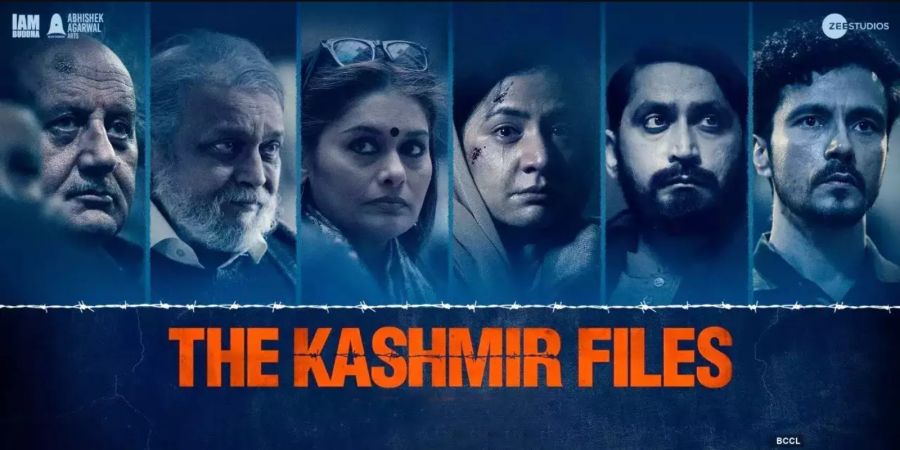

Based on a true tragedy, the emotionally triggering film sheds light on the plight of Kashmiri Pandits (Hindus), a religious minority in the 1990s Kashmir valley, who were compelled to flee their homes by the Islamic militants. Review: Rendered refugees in their own country, based on testimonials of the survivors, the film makes a strong argument that this wasn`t just an exodus, but a barbaric genocide that continues to be brushed under the carpet for political reasons. Living in exile for almost 30 years, their homes and shops encroached by the locals, the Kashmiri Pandits (KP) continue to hope for justice and most importantly, to be acknowledged. It`s strange that not many films have broached this incident despite its gruelling impact on displaced families. Be it any ideology, faith or suffering, voices being curtailed seems to be a common nightmare. With the loss of paradise, Kashmir suffers from humanitarian crises, cross-border terrorism, separatist movements, and struggles for self-determination. Once a prosperous and multicultural area, it is now a disputed area struggling to stabilize in constant tension, its scars are deepening and Kashmir File is tearing the pavement. In less than three hours, we try to reach the root of the truth. But, as the saying goes, all truth has two sides. Vivek Agnihotri's highly graphic and explosive film features Exodus and its consequences. Based on documented reports, it shows the brutalities faced by KP`s because of their religion. Be it telecom engineer BK Ganjoo`s murder in a rice barrel, Nadimarg massacre where 24 Hindu Kashmiri Pandits were killed by militants dressed in combat uniforms, or defamatory slogans. The film recreates these real life incidents and we see them through the eyes of an ageing nationalist, Pushkar Nath Pandit (Anupam Kher), his four best friends and his onthefence grandson, Krishna (Darshan Kumaar). Oblivious to his past, Krishna`s quest for truth forms the story. Reopening old wounds may not offer a solution but healing can only happen once the trauma is accepted. Agnihotri goes all out without watering down the events and that makes his film an intense watch. He resorts to shock over subtlety. A rather muddled storytelling laced with a hesaidshesaid narrative; doesn`t allow you to feel at one with the characters or understand their psyche. The film skims through multiple issues — Digs at JNU (Jawaharlal Nehru University), media likened to terrorist ki rakhail, selective reportage of foreign media, Indian Army, political warfare, abrogation of Article 370 and mythology and ancient history of Kashmir — all at once. Pushkar Nath Pandit and his story leave you tearyeyed but he gets lost in the clutter somewhere and the film feels more long and less detailed. More chaos, less context. Right to dissent and opposing views find a place, but those onedimensional characters barely scratch the surface, so the exercise of striking a balance and present conflicting views feels more of a formality. Anupam Kher`s heartaching performance leaves a lump in your throat. As a man pining for his lost home.


